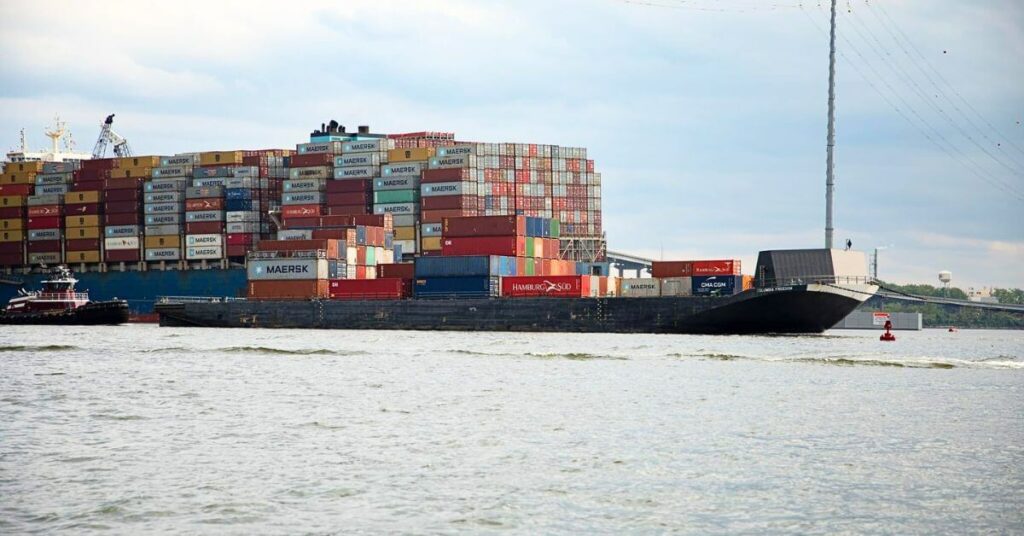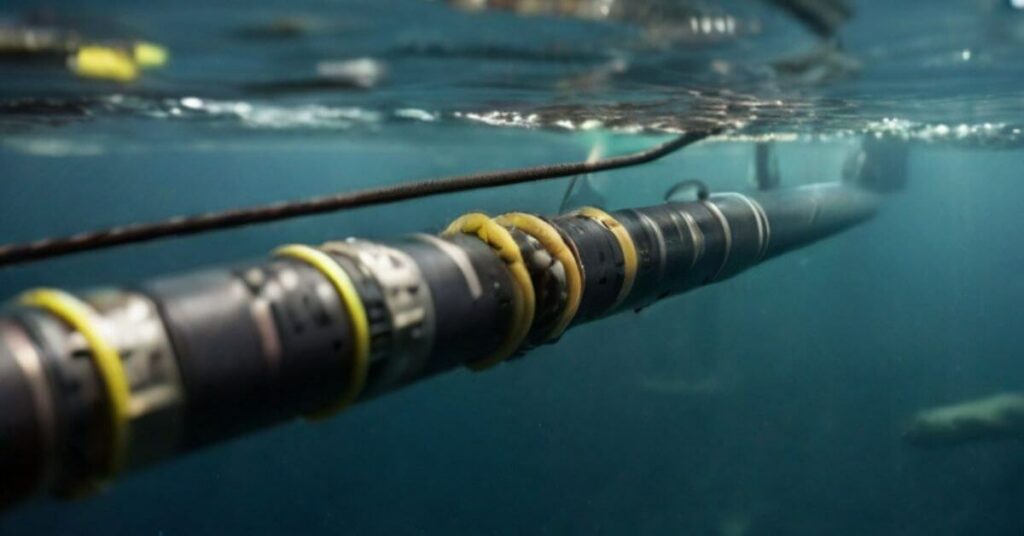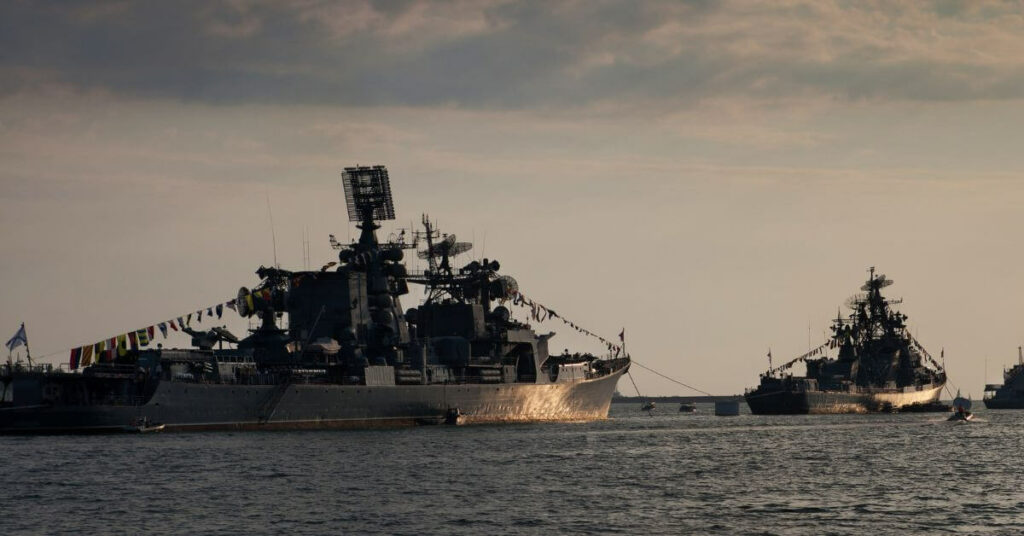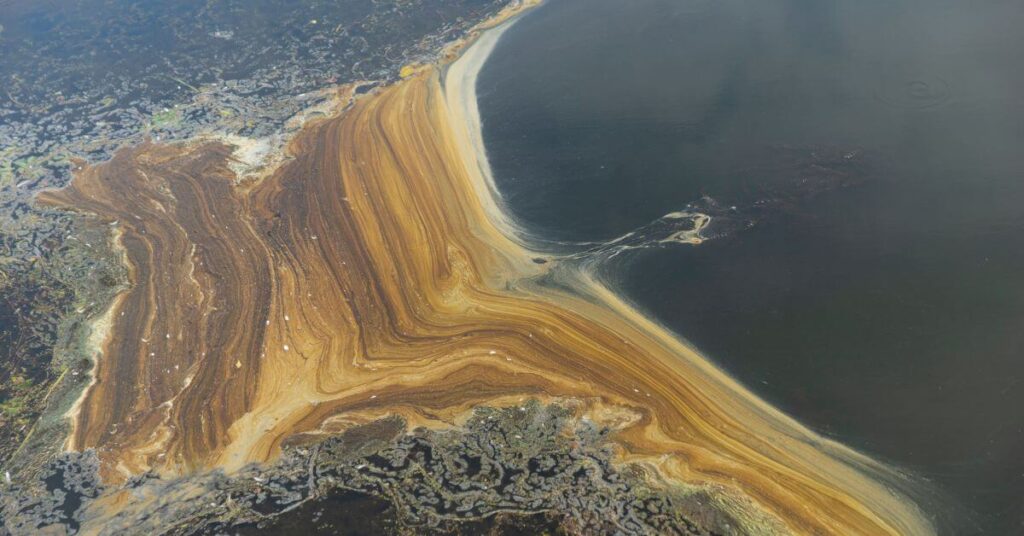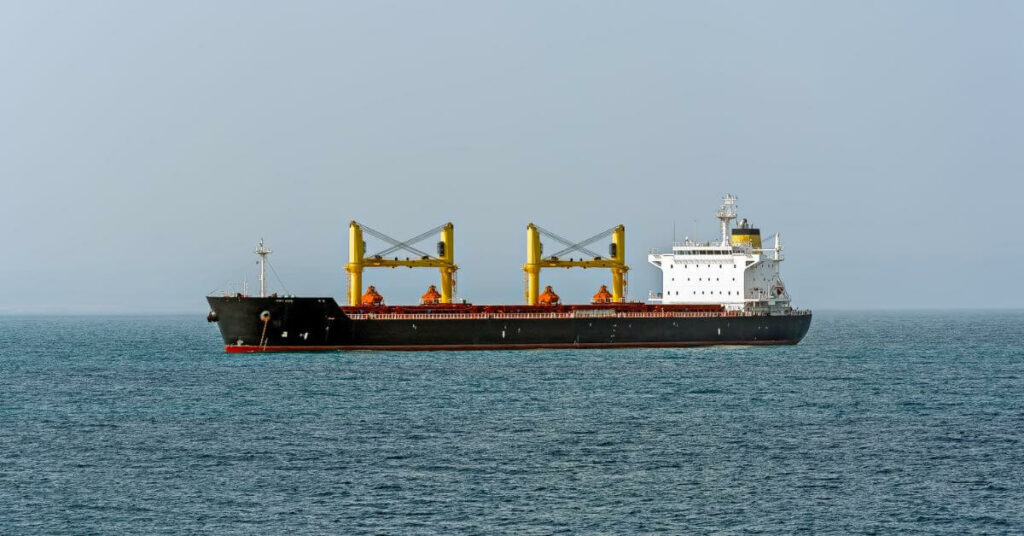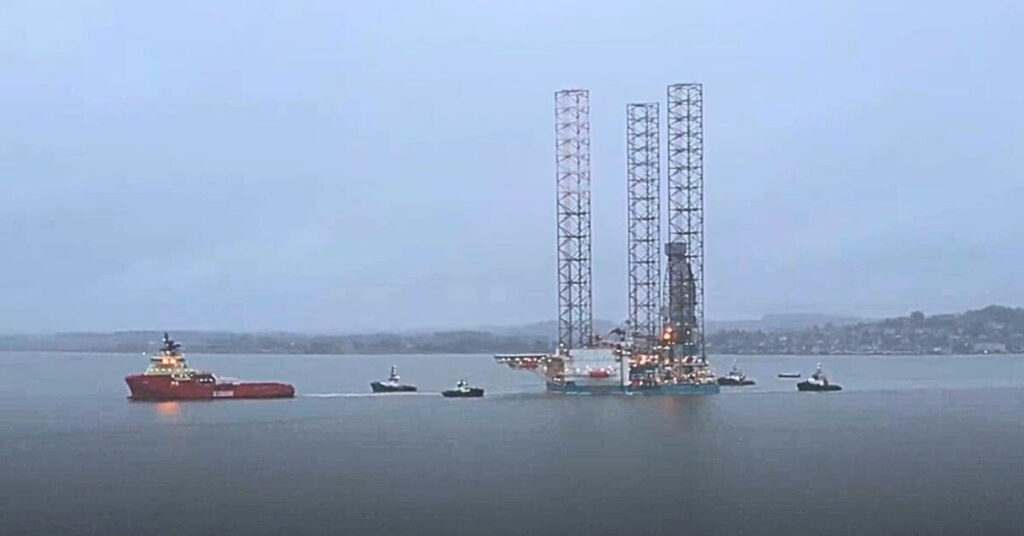Singapore Implements Strict Bunker Fuel Quality Standards After Contamination Incident
The Maritime and Port Authority (MPA) of Singapore has announced intense measures to improve the quality assurance of marine fuel supplied in the Port of Singapore in response to a bunker contamination event in February 2022. This decision was made in response to concerns over fuel quality raised by the provision of High Sulfur Fuel Oil (HSFO) with elevated levels of Chlorinated Organic Compounds (COC) to about 200 ships.
An Industry Expert Group (IEG) was formed to address these issues, and the Singapore Shipping Association (SSA) and the MPA co-chaired it. The group’s recommendations have resulted in the application of improved testing parameters for batches of marine fuel that are to be delivered to the port as bunkers.
Bunker suppliers licensed by the MPA will be subject to mandatory testing enhancements starting June 1, 2024. These testing modifications will be implemented upstream in the supply chain. By taking these steps, system efficiency and cost-effectiveness will be increased as opposed to carrying out separate testing for every delivery.

Strict caps on inorganic acids and chlorinated organic compounds (COC) in residual and bio-residual bunker marine fuels are among the improvements. Bunker providers are required to guarantee that fuels are free of inorganic acids and that COC levels do not exceed 50 mg/kg. The methods outlined in ISO 8217 for testing techniques accredited by EN 14077 and ASTM D664 shall be followed. The Certificate of Quality (COQ) recipient vessels receive will contain the testing results.
Additionally, distillate and bio-distillate bunker marine fuels must meet testing standards comparable to those for residual fuels and be free of inorganic acids. Furthermore, leftover marine fuels must have no polystyrene, polyethylene, or polymethacrylate. It is advised to use a qualitative test approach for identifying these polymers that combine filtering, microscopic inspection, and Fourier-Transform Infrared spectroscopy (FTIR) analysis.
The MPA advises bunker purchasers to meticulously prepare contracts that address fuel quality and consult beforehand with suppliers. Additionally, to guarantee adherence to regulations, bunker providers must uphold precise test documentation that certifies the lack of polymers in bunker fuel supplies.
Testing needs to be done on blended marine fuel after it is incorporated and delivered as bunkers in the Port of Singapore. Mixing fuel on MPA-licensed bunker vessels is forbidden, and the fuel’s quality must be indicated on the Certificate of Quality (COQ) before the fuel is loaded onto bunker tankers to be delivered to the port.
The MPA’s proactive efforts demonstrate its commitment to maintaining high fuel quality and safety standards in the Port of Singapore, protecting the interests of both vessel operators and the marine environment.
Reference: MPA
Disclaimer :
The information contained in this website is for general information purposes only. While we endeavour to keep the information up to date and correct, we make no representations or warranties of any kind, express or implied, about the completeness, accuracy, reliability, suitability or availability with respect to the website or the information, products, services, or related graphics contained on the website for any purpose. Any reliance you place on such information is therefore strictly at your own risk.
In no event will we be liable for any loss or damage including without limitation, indirect or consequential loss or damage, or any loss or damage whatsoever arising from loss of data or profits arising out of, or in connection with, the use of this website.
Disclaimer :
The information contained in this website is for general information purposes only. While we endeavour to keep the information up to date and correct, we make no representations or warranties of any kind, express or implied, about the completeness, accuracy, reliability, suitability or availability with respect to the website or the information, products, services, or related graphics contained on the website for any purpose. Any reliance you place on such information is therefore strictly at your own risk.
In no event will we be liable for any loss or damage including without limitation, indirect or consequential loss or damage, or any loss or damage whatsoever arising from loss of data or profits arising out of, or in connection with, the use of this website.
About Author
Marine Insight News Network is a premier source for up-to-date, comprehensive, and insightful coverage of the maritime industry. Dedicated to offering the latest news, trends, and analyses in shipping, marine technology, regulations, and global maritime affairs, Marine Insight News Network prides itself on delivering accurate, engaging, and relevant information.

About Author
Marine Insight News Network is a premier source for up-to-date, comprehensive, and insightful coverage of the maritime industry. Dedicated to offering the latest news, trends, and analyses in shipping, marine technology, regulations, and global maritime affairs, Marine Insight News Network prides itself on delivering accurate, engaging, and relevant information.
Do you have info to share with us ? Suggest a correction
Latest Shipping News Articles You Would Like:
Daily Maritime News, Straight To Your Inbox
Sign Up To Get Daily Newsletters
Join over 60k+ people who read our daily newsletters
By subscribing, you agree to our Privacy Policy and may receive occasional deal communications; you can unsubscribe anytime.


